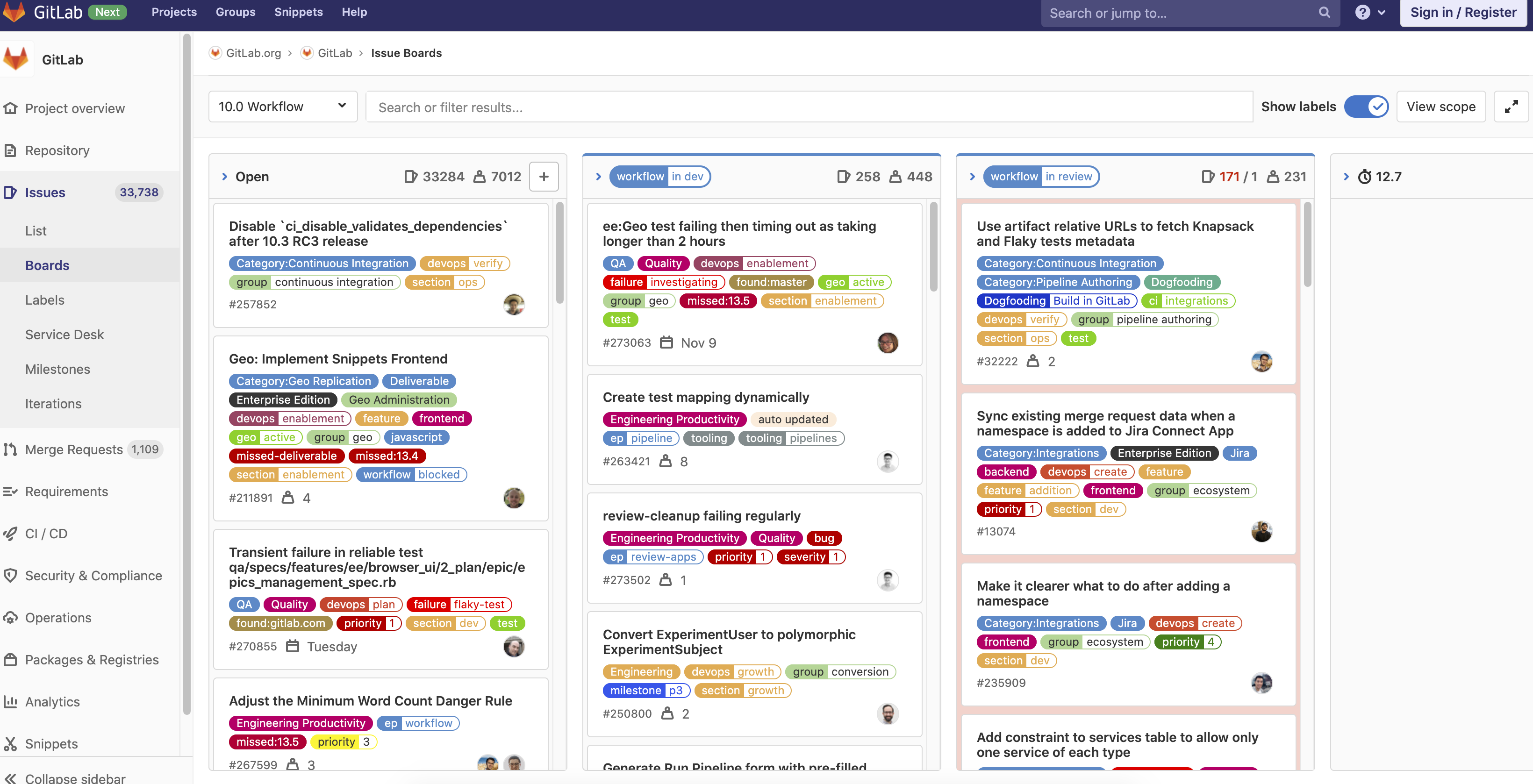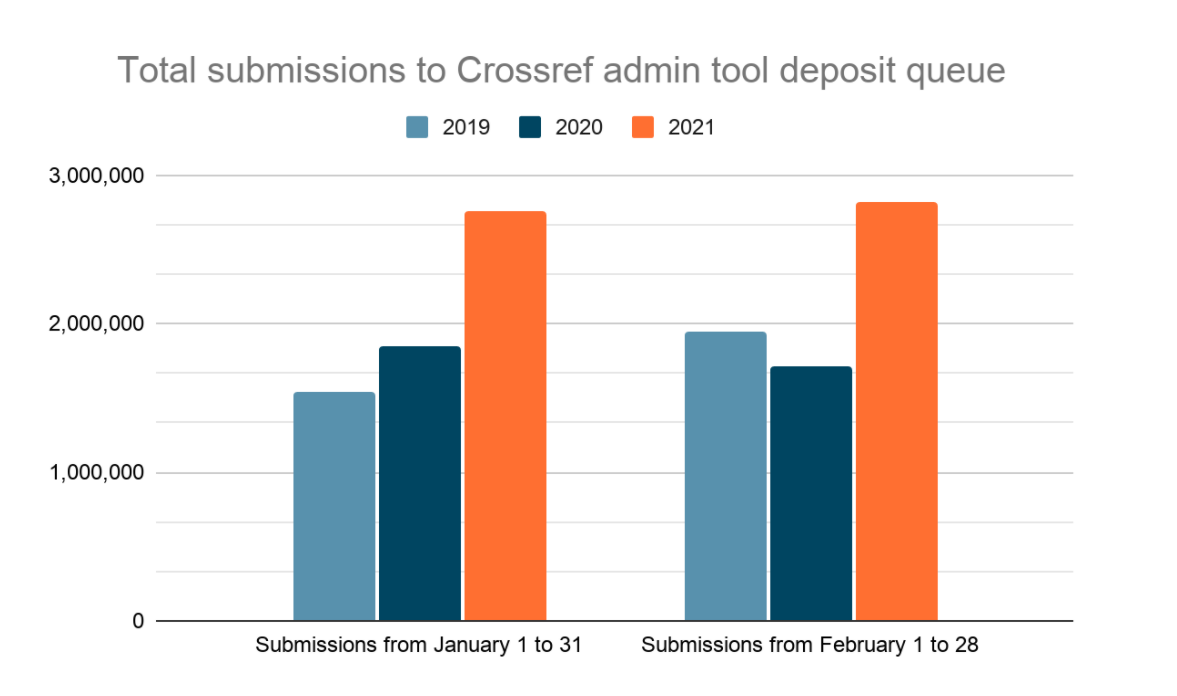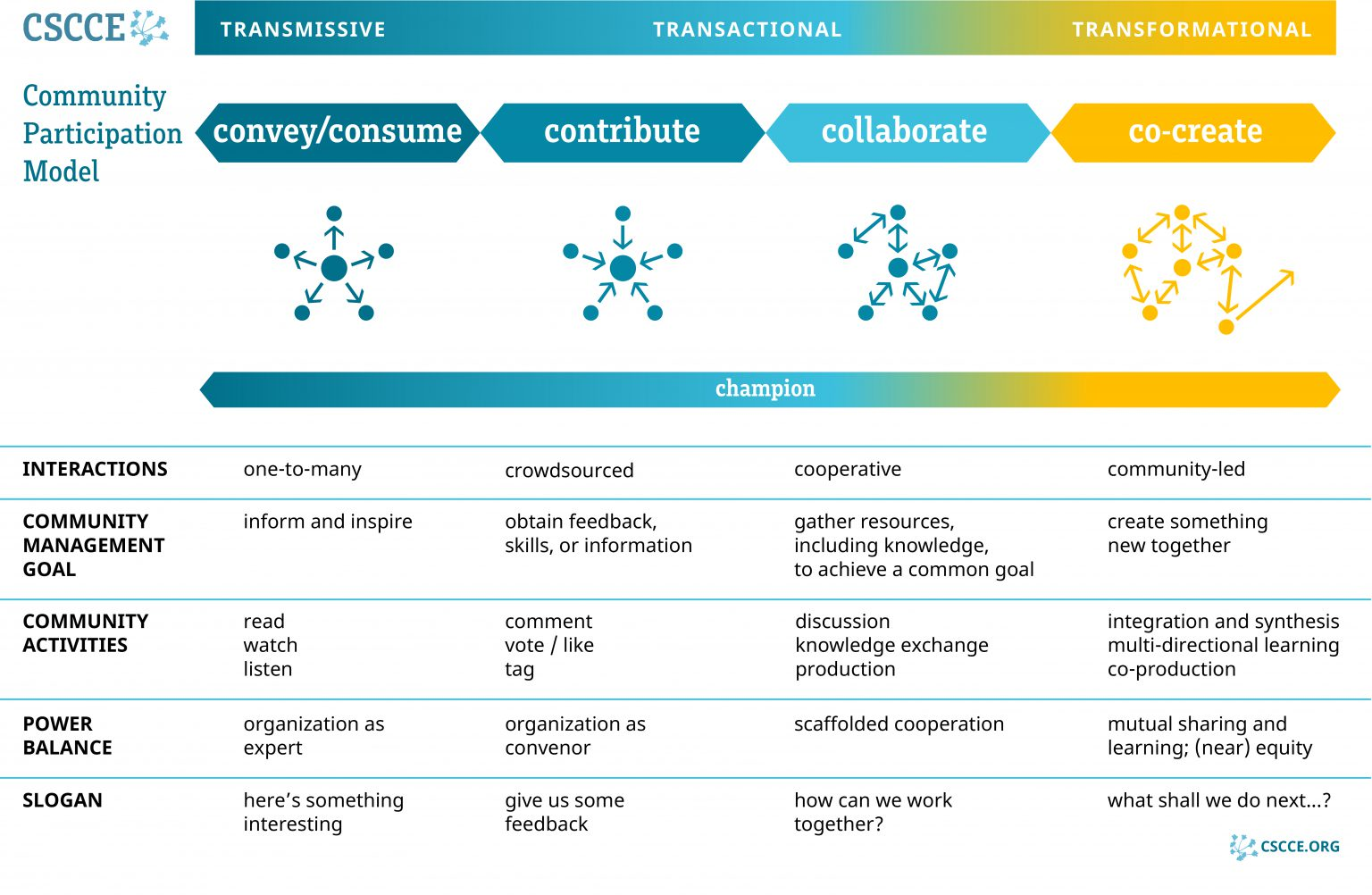Service Providers work on behalf of our members by creating, registering, querying and/or displaying metadata. We rely on this group to support our schema as it evolves, to roll out new and updated services to members and to work closely with us on a variety of matters of mutual interest.
UPDATE, 19 June 2025: We are planning to sunset Metadata Manager at the end of 2025. We will be in touch with affected members throughout the year with guidance and resources on making the switch from Metadata Manager to our new record registration form or alternative content registration methods.
Crossref aims to link research together, making related items more findable, increasing transparency, and showing how ideas spread and develop. There are a number of moving parts in this effort: some related to capturing and storing linking information, others to making it available.

TL:DR; Hi, I’m Joel GitLab UI unsatisfactory Wrote a UI to use the API Wrote a missing API Open company contributes changes back to another open company Now have a method for getting work done much easier Hurrah! I’m Joel, a Senior Site Reliability Engineer here at Crossref.

Some of you who have submitted content to us during the first two months of 2021 may have experienced content registration delays. We noticed; you did, too.

TL;DR: We have a Community Forum (yay!), you can come and join it here: community.crossref.org. Community is fundamental to us at Crossref, we wouldn’t be where we are or achieve the great things we do without the involvement of you, our diverse and engaged members and users.
Event Data uncovers links between Crossref-registered DOIs and diverse places where they are mentioned across the internet. Whereas a citation links one research article to another, events are a way to create links to locations such as news articles, data sets, Wikipedia entries, and social media mentions.
2020 wasn’t all bad. In April of last year, we released our first public data file. Though Crossref metadata is always openly available––and our board recently cemented this by voting to adopt the Principles of Open Scholarly Infrastructure (POSI)</agic––we’ve decided to release an updated file.

Our colleague and friend, Kirsty Meddings, passed away peacefully on 10th December at home with her family, after a sudden and aggressive cancer. She was a huge part of Crossref, our culture, and our lives for the last twelve years.
Crossref has supported depositing metadata for preprints since 2016 and peer reviews since 2018. Now we are putting the two together, in fact we will permit peer reviews to be registered for any record type.
2020 has been a very challenging year, and we can all agree that everyone needs a break. Crossref will be providing very limited technical and membership support from 21st December to 3rd January to allow our staff to rest and recharge.